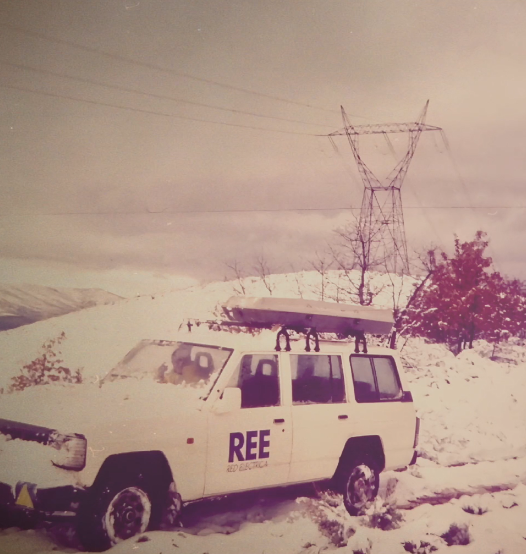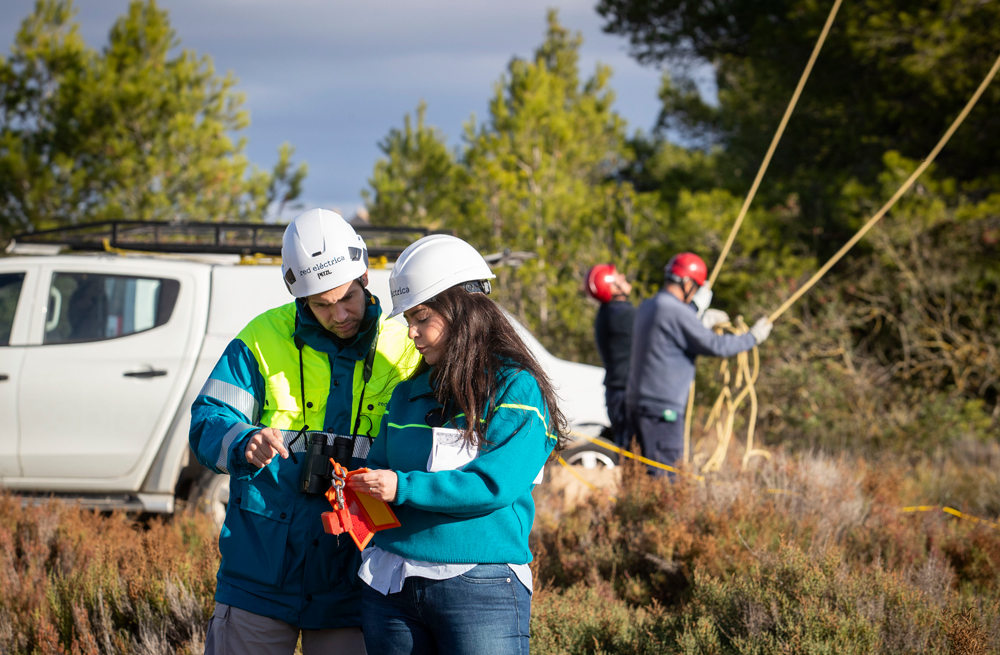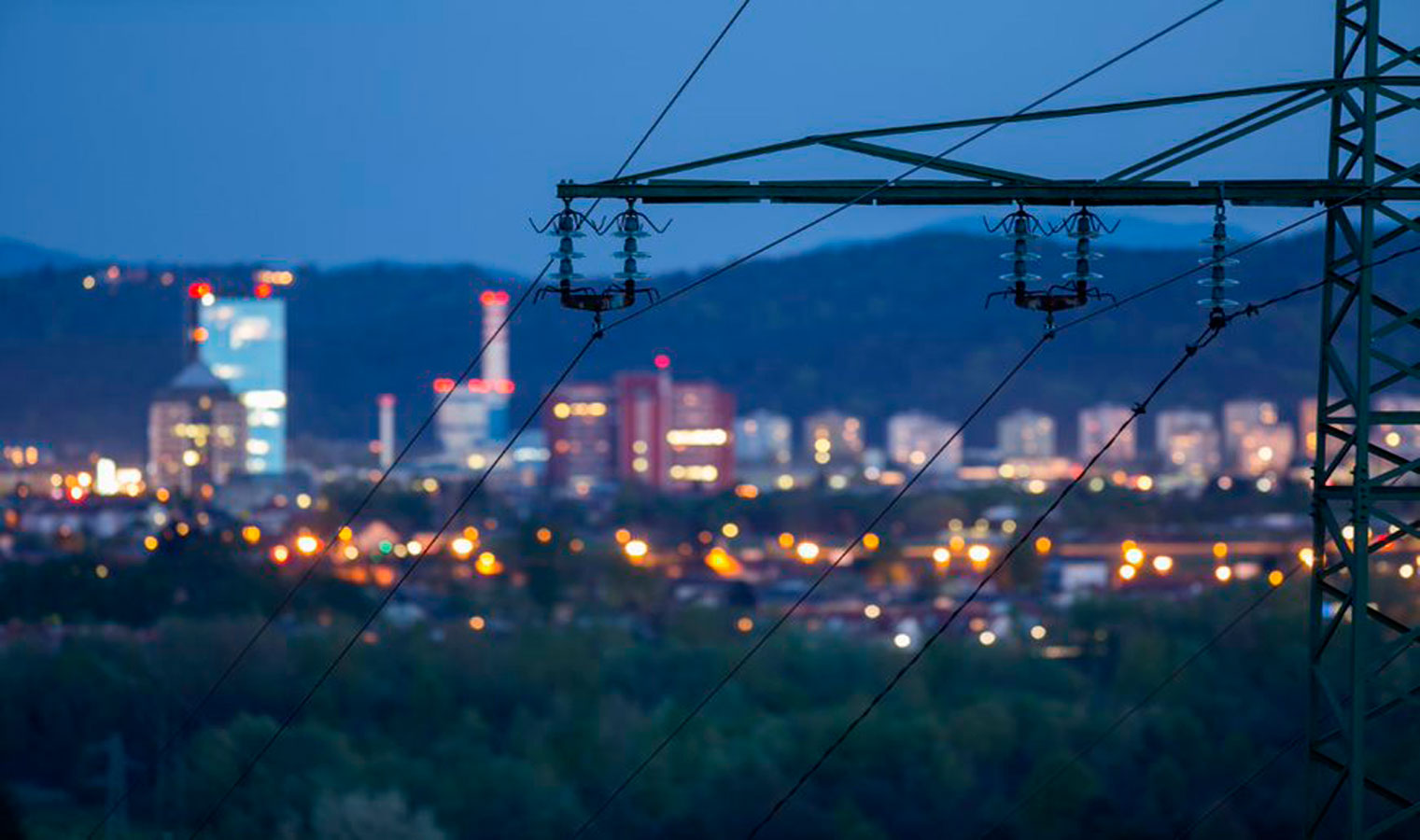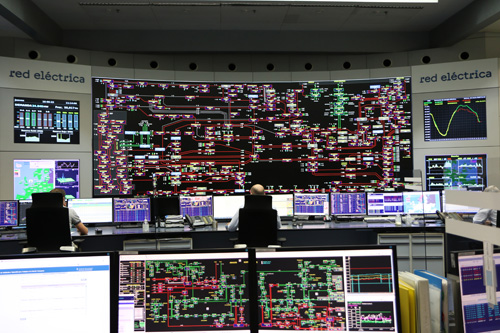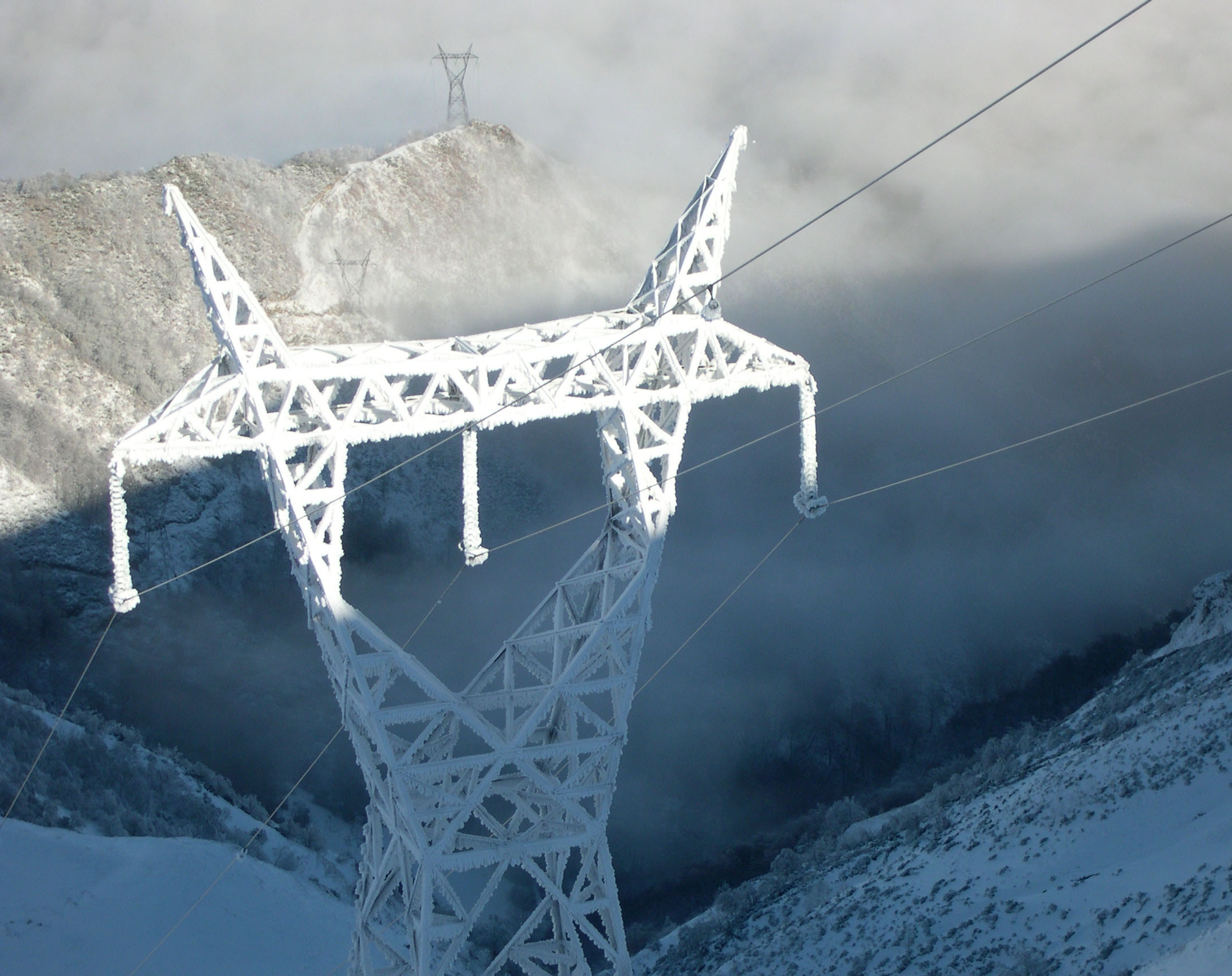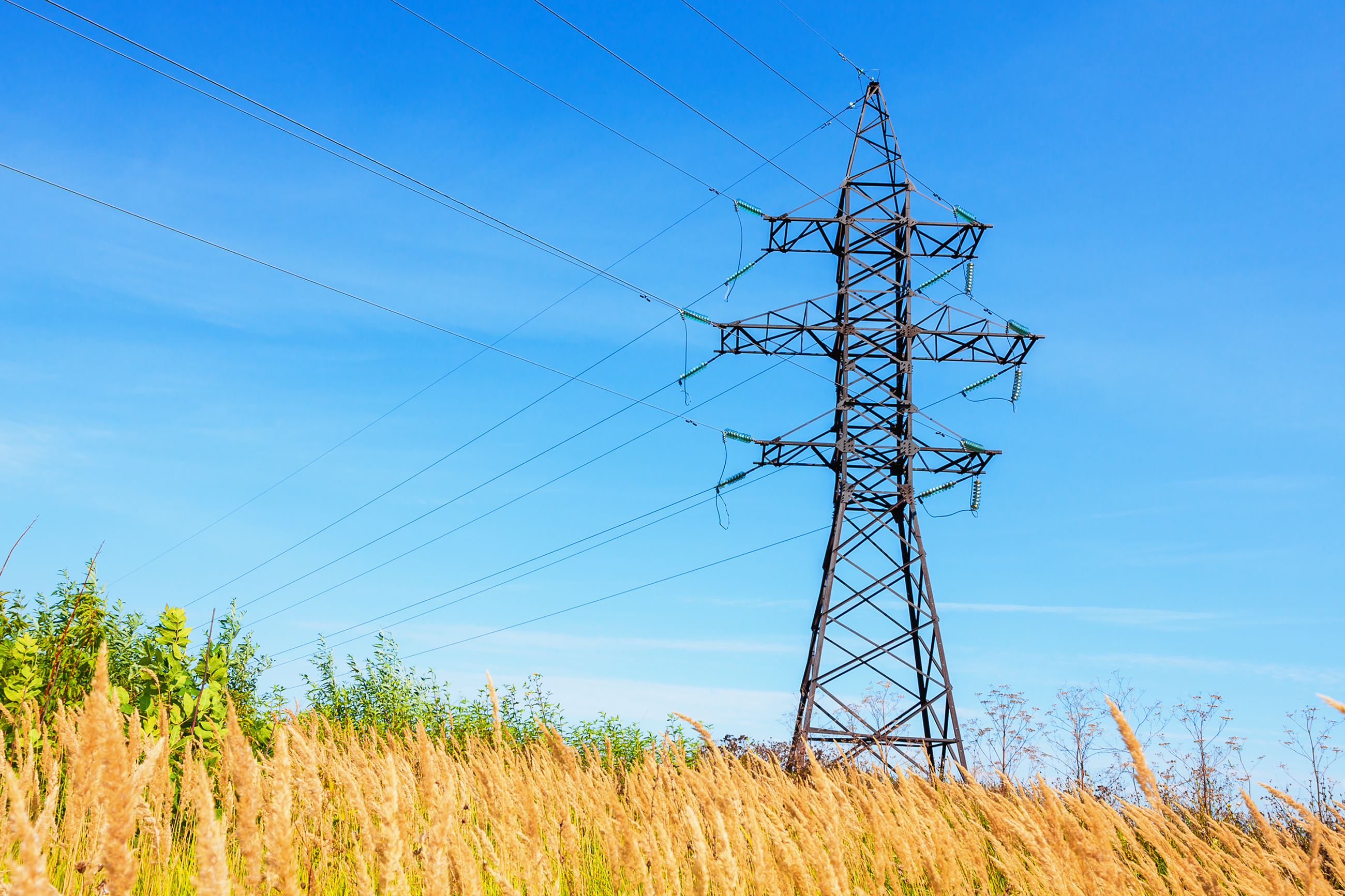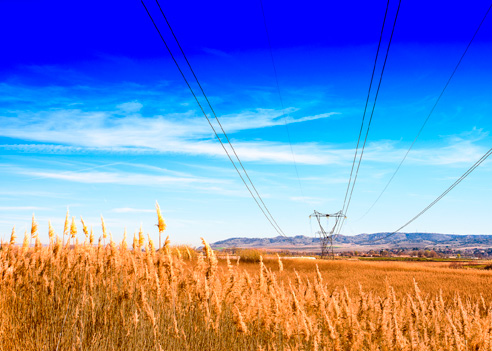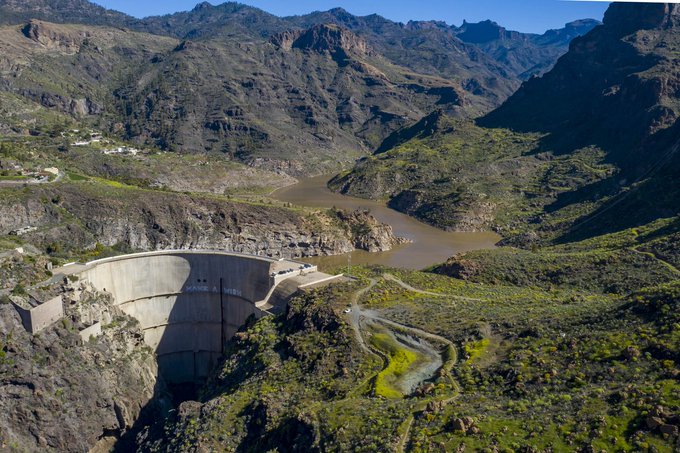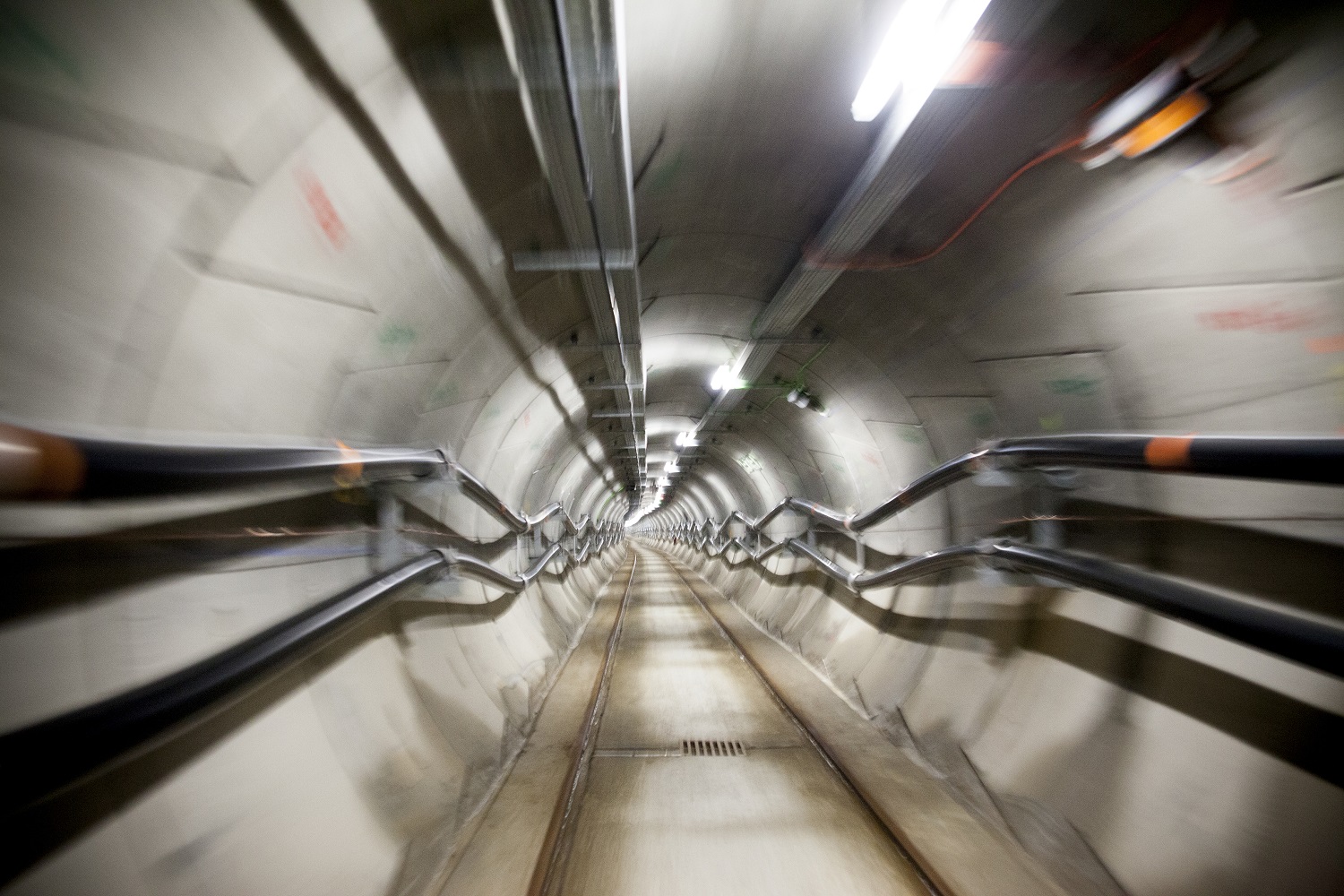For 40 years, we've been driving our country's economic and social progress. Four decades shaping Spain.
Red Eléctrica and IMEDEA begin the 'Posidonia oceanica' planting works in the Bay of Pollensa
- Fragments actually collected from adult plants exiting in Bay of Pollensa are being used
Red Eléctrica de España, the Government of the Balearic Islands and the Mediterranean Institute for Advanced Studies (IMEDEA) have joined efforts to recover Posidonia oceanica seagrass meadow in the Bay of Pollensa and today have begun a project that includes the planting of Posidonia oceanica fragments in two hectares of a formerly existing area of this species that today is degraded in order to restore the ecosystem of the Bay of Pollensa in Majorca.
The project, called the Red Eléctrica Marine Forest, is carried out in collaboration with the Government of the Balearic Islands, pursuant to the agreement signed last October. The Company has contributed 500,000 euros for the carrying out of this initiative, while the Mediterranean Institute for Advanced Studies (IMEDEA UIB-CSIC) is the scientific centre responsible for its execution. The initiative has the collaboration of the Ministry of Defence, which has made part of the facilities of the Port of Pollensa military airbase available to the project.
A team of scuba divers are performing the first phase of the planting process using adult plant fragments of Posidonia obtained from natural fragmentation or collected from the bottom of the Bay of Pollensa using non-invasive techniques, and which subsequently are replanted and cared for in nursery trays submerged in the sea next to the facilities of the Port of Pollensa military airbase. The fragments are planted in quadrants that are clearly marked in order to enable their identification, monitoring and subsequent analysis.
After this stage has been completed, the collection process of seeds from mature fruit of Posidonia oceanica will be started during the spring (a season when seeds are released and dispersed naturally) and that once collected can be used to generate new seedlings for their subsequent planting.
The project is scheduled to last four years and includes the collection, cultivation and planting of a total of 12,800 fragments or seedlings in a two-hectare section on the seabed of the Bay of Pollensa area. A specific methodology will be implemented based on the results obtained thru this innovation project, jointly carried out by Red Eléctrica and IMEDEA between 2013 and 2016 in the Bay of Santa Ponsa, in Majorca, and the Bay of Talamanca, in Ibiza, and whose conclusions - in the short term - support the technical and economic feasibility of replanting degraded Posidonia seagrass meadows. Notwithstanding the foregoing, it is understood that this initiative can in no case replace the obligatory measures for the conservation of seagrass meadows.
The monitoring of this initiative will extend beyond the project execution period and will enable the survival and growth rate of the transplanted plants to be assessed, as well as the recovery of the general marine ecosystem associated with the restored Posidonia seagrass meadow.
The Red Eléctrica Marine Forest was conceived also as a living laboratory open to the scientific community which will allow the CO2 emissions captured by the new meadow to be measured in order to determine its efficiency and impact in terms of climate change.
The Press Office of Red Eléctrica publishes all written and audio-visual information via the Twitter account @RedElectricaREE.
Also on Facebook through the account RedElectricaREE.
